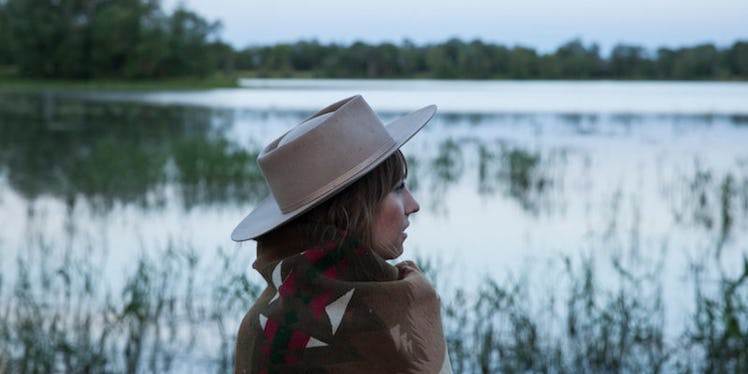We all have identities. Some are created by others; some we impose on ourselves. Each of these identities are not isolated; they exist as part of a vast constellation of other conceptualizations. They layer, coexist and coalesce.
We are, in so many ways, more than where we come from and what we look like. We constantly self-define on a number of levels. My friends are an assorted collection of “the girl who is funny,” “the guy who smokes,” “the girl who loves writing” and so on.
I had always self-identified as: the girl from Seattle, the girl with a good family, the girl with blue eyes, the girl who loves to travel, the girl who loves music, the girl who wanted to save all the dying languages. I was a complex mixture of my experiences and my identities. I was optimistic about where they would lead me.
Then suddenly, I was the girl whose dad died.
My father unexpectedly passed away in November 2014 after suffering a fatal heart attack. With a single early-morning phone call, my life changed instantly. I was 20 years old.
Having never experienced a loss so immense, I had no roadmap or guidebook to help me navigate the heartbreaking world of bereavement into which I had just rudely been thrown. I was utterly lost. My former self felt like a distant memory and the only way forward I could see was clouded in grief and regret. I was, simply and completely, the girl who had lost her father.
This became my sole identifier and I was the one imposing it on myself.
In the year after his death, every event and action seemed to be in relation to my grief and my father's passing. I felt anger at the losses I'd experienced. I felt I was a victim of fate. I hovered in this state of self-pity, anxiety and frustration. My grief structured my daily choices, including what I wrote my school papers about, what music I listened to and how I related to others.
Simply put, I'd cast aside all of my other identities and replaced it with just one. I didn't even realize it. It was exhausting and it was getting old.
I am all the things that I was and I am constantly discovering new identities each day.
Finally in January this year, I experienced a momentous shift in thinking. I realized I had been defining myself by something that had happened to me, something out of my control. I was defining myself by a tragic event, not all the things that I once was.
Buried beneath the rubble was still the same girl I had always been.
As soon as I realized I was actively defining myself in a way that brought me and others down, I made a vow to relinquish that definition for good. I was no longer going to be the girl whose dad died.
It felt as if I was coming up to the surface of the water, gasping for air, breathing for the first time. It felt as if I had just cut loose the weight of over a year of grief.
I was so much more than that singular identity. I was still the girl who loved animals; I was still the girl who couldn't tell jokes; I was still the girl who hated cilantro. It just took cognitively reworking how I saw myself to realize that.
Instead of centering my thoughts and my actions around my grief, I chose to actively focus on the other things that still made me, me.
Today, I am free and I am myself again. Of course I still miss my father, but I miss him in a way that doesn't stop me from moving forward. I feel happier and more driven than ever before. I am all the things that I was and I am constantly discovering new identities each day.
I've done a lot of reflection and introspection since my father's passing. Thinking about how we define ourselves, how we craft and act on our identity, is one of the most powerful tools for self-awareness I have found thus far.
Continuing to check in with yourself, even when you've passed the hard times, has value beyond our comprehension. Your true self will be grateful. I know mine is.
